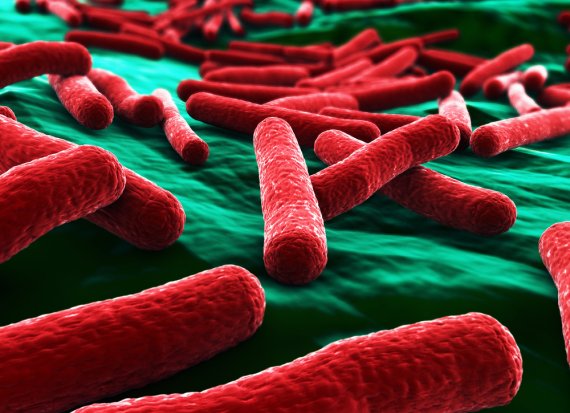© Shutterstock
Key building blocks for plastic are alkanediols such as propane or butane, with an alcohol group at each end. These alcohol groups can be compared with hooks in a chain, which enable the building blocks to link up with each other. To date, these alkanediols could only be extracted from petroleum through a series of complicated, energy-intensive steps. Industrial and university laboratories have been working hard on a technique for mounting the hooks directly on the molecules so that these interim steps can be skipped. But it proved very difficult, explains Van Nuland. ‘The hooks were often in the wrong place and burned the product.’ At some point chemists discovered an enzyme – alkane hydroxylase – which was capable of securing the hooks on the molecules. It seemed like a eureka moment until it turned out that the enzyme changed the hooks and only secured them to one side. Van Nuland succeeded in keeping the hooks intact and getting them onto both sides, with the help of a genetically modified E. coli bacterium.
This is now working in the test tube. The next step is to optimize the process for industrial use. Van Nuland is now looking for producers who want to invest in this. A patent for his invention has been applied for.

